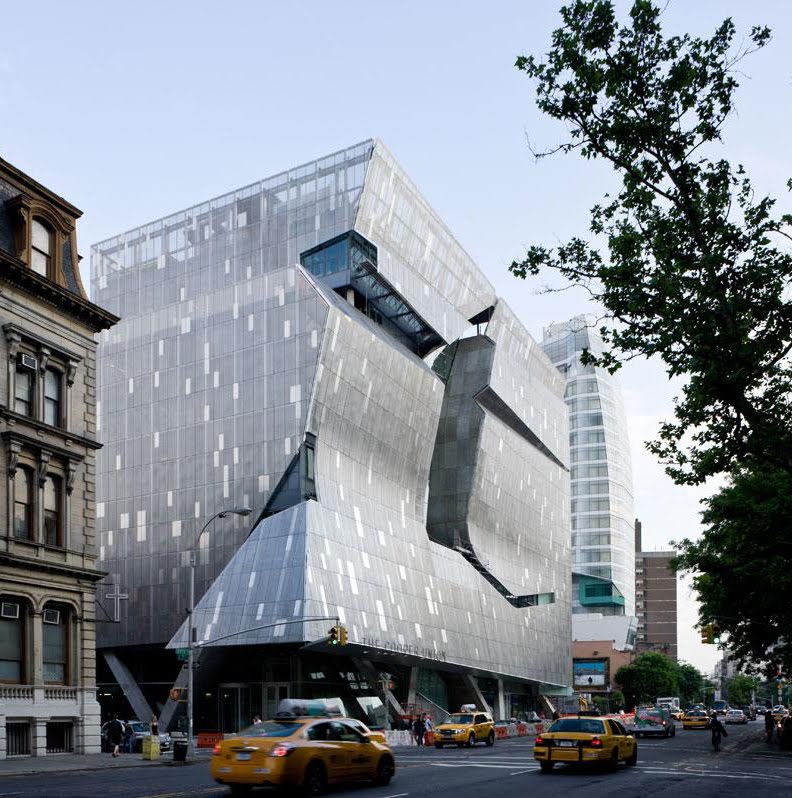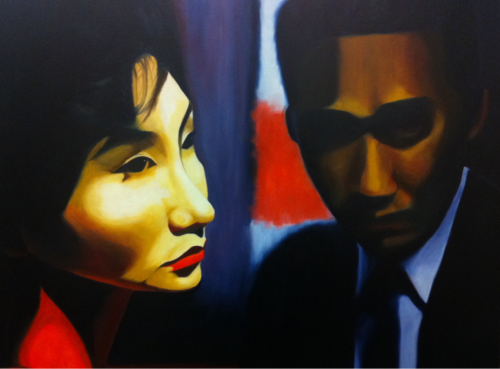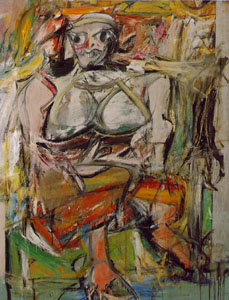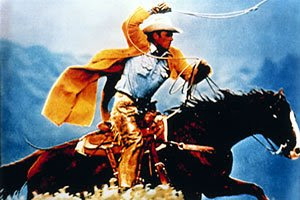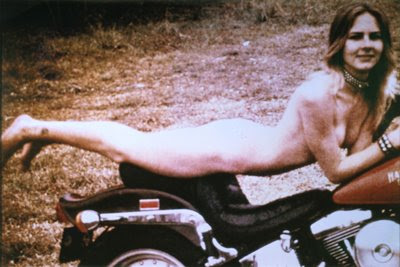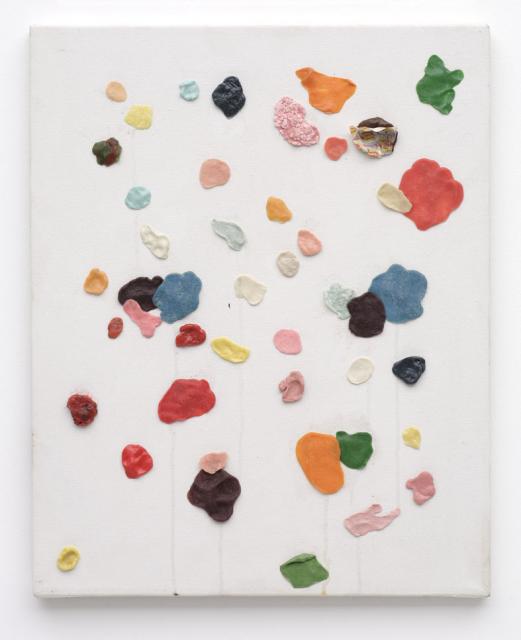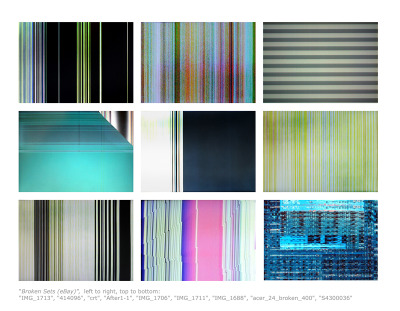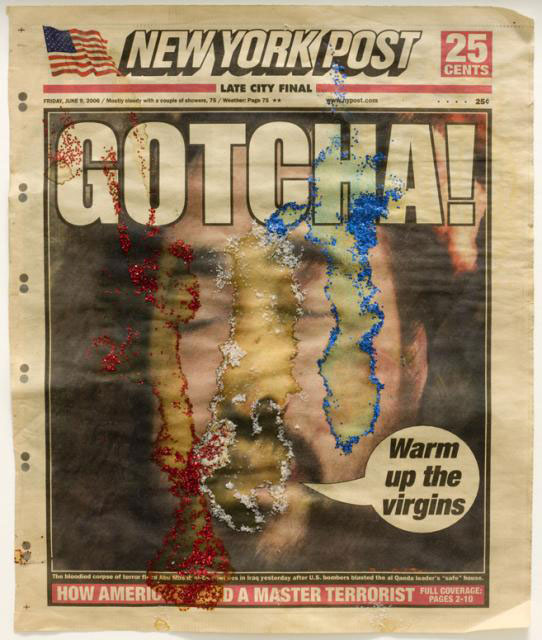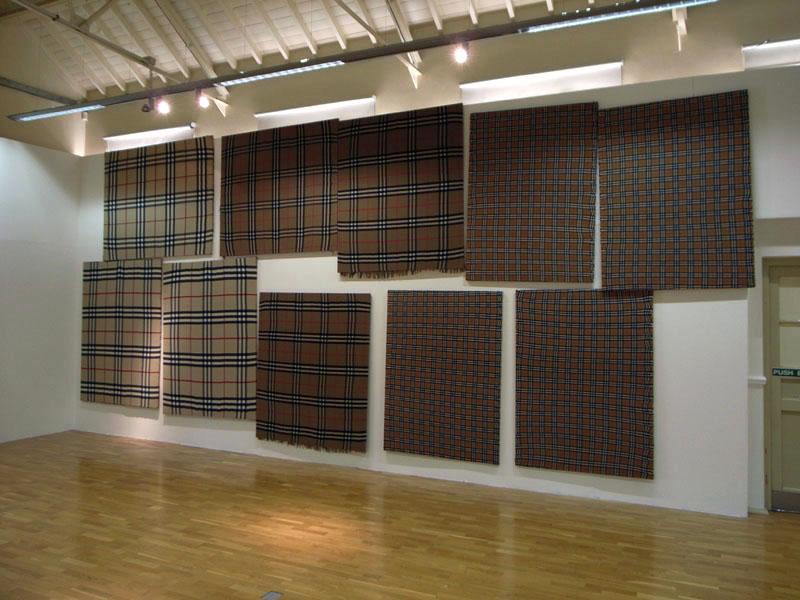- 5,217
- 118
- Joined
- May 18, 2009
The thread on the Andreas Gursky photograph made me realize that a lot of people don't really understand what art is or what really constitutes as art. That's not a bad thing or anything and it's not a criticism. It's just the state of things. Going to a museum is less fun to some than going to the movies. Taking an Art History class more boring than taking creative writing. It's understandable. That's why I wanted to create a thread where we could discuss art in general, specific artists, art movements, and whatever else that might come up.
Before anything else, one has to ask themselves, "What is art?" It seems like a simple question since we all have preconceived ideas as to what art is. We all have images in our head of things we've been told is art. van Gogh's 'Starry Night', da Vinci's 'Mona Lisa', Andy Warhol's 'Marilyn'. But what really constitutes art? What separates art from craft?
What makes art art is the concept, the intention, behind the work. There is no such thing as accidents in art. There might be a time where an artist allows for randomness to happen in their piece but that planning for randomness is part of the intention. Art is not just beautifully painted, sculpted, sewn, or photographed. If there is no concept behind the work, it is nothing more than a craft. There are thousands of technically proficient people in China that make a living counterfeiting artworks. Is what they are doing considered art? I think not. What they are doing is nothing more than a craft. No different than sewing buttons onto a pair of jeans. It's all about the intention and the concept, without which there is nothing.
Damien Hirst employs hundreds of apprentices who physically create his spin paintings that sell for tens of thousands of dollars. Are the people that actually created these the artists or is Hirst the artist? The apprentices are exercising a craft, painting, but there would be no spin paintings if Hirst had not come up with the idea in the first place.

Ai Weiwei, controversial figure and probably the most famous artist in China, created the iconic and powerful 'Sunflower Seeds' exhibition at the Tate Modern in London. He didn't have a hand in actually creating the individual porcelain seeds but he conceptualized the idea and employed a factory of a thousand to create them. Without the idea, there is no 'Sunflower Seeds.'

Art can also be any number of mediums. Art does not have to be created using a brush or be on canvas or anything like that. Those are classic tools but artists through the ages have used any number of mediums, depending on experimentation, need, or lack of resources, to create art. In contemporary art, artists have been known to use urine, blood, feces, glass, dust, hair, etc. But, again, at the end of the day, what makes the artwork art is the intention behind it, the medium is only there to help get that idea across. Without the intention, that work is nothing but paint or clay or whatever.
Discuss.
Before anything else, one has to ask themselves, "What is art?" It seems like a simple question since we all have preconceived ideas as to what art is. We all have images in our head of things we've been told is art. van Gogh's 'Starry Night', da Vinci's 'Mona Lisa', Andy Warhol's 'Marilyn'. But what really constitutes art? What separates art from craft?
What makes art art is the concept, the intention, behind the work. There is no such thing as accidents in art. There might be a time where an artist allows for randomness to happen in their piece but that planning for randomness is part of the intention. Art is not just beautifully painted, sculpted, sewn, or photographed. If there is no concept behind the work, it is nothing more than a craft. There are thousands of technically proficient people in China that make a living counterfeiting artworks. Is what they are doing considered art? I think not. What they are doing is nothing more than a craft. No different than sewing buttons onto a pair of jeans. It's all about the intention and the concept, without which there is nothing.
Damien Hirst employs hundreds of apprentices who physically create his spin paintings that sell for tens of thousands of dollars. Are the people that actually created these the artists or is Hirst the artist? The apprentices are exercising a craft, painting, but there would be no spin paintings if Hirst had not come up with the idea in the first place.
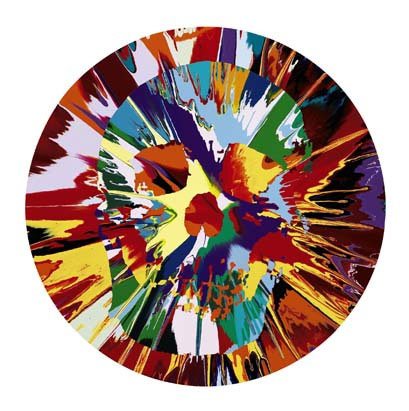
Ai Weiwei, controversial figure and probably the most famous artist in China, created the iconic and powerful 'Sunflower Seeds' exhibition at the Tate Modern in London. He didn't have a hand in actually creating the individual porcelain seeds but he conceptualized the idea and employed a factory of a thousand to create them. Without the idea, there is no 'Sunflower Seeds.'

Art can also be any number of mediums. Art does not have to be created using a brush or be on canvas or anything like that. Those are classic tools but artists through the ages have used any number of mediums, depending on experimentation, need, or lack of resources, to create art. In contemporary art, artists have been known to use urine, blood, feces, glass, dust, hair, etc. But, again, at the end of the day, what makes the artwork art is the intention behind it, the medium is only there to help get that idea across. Without the intention, that work is nothing but paint or clay or whatever.
Discuss.




